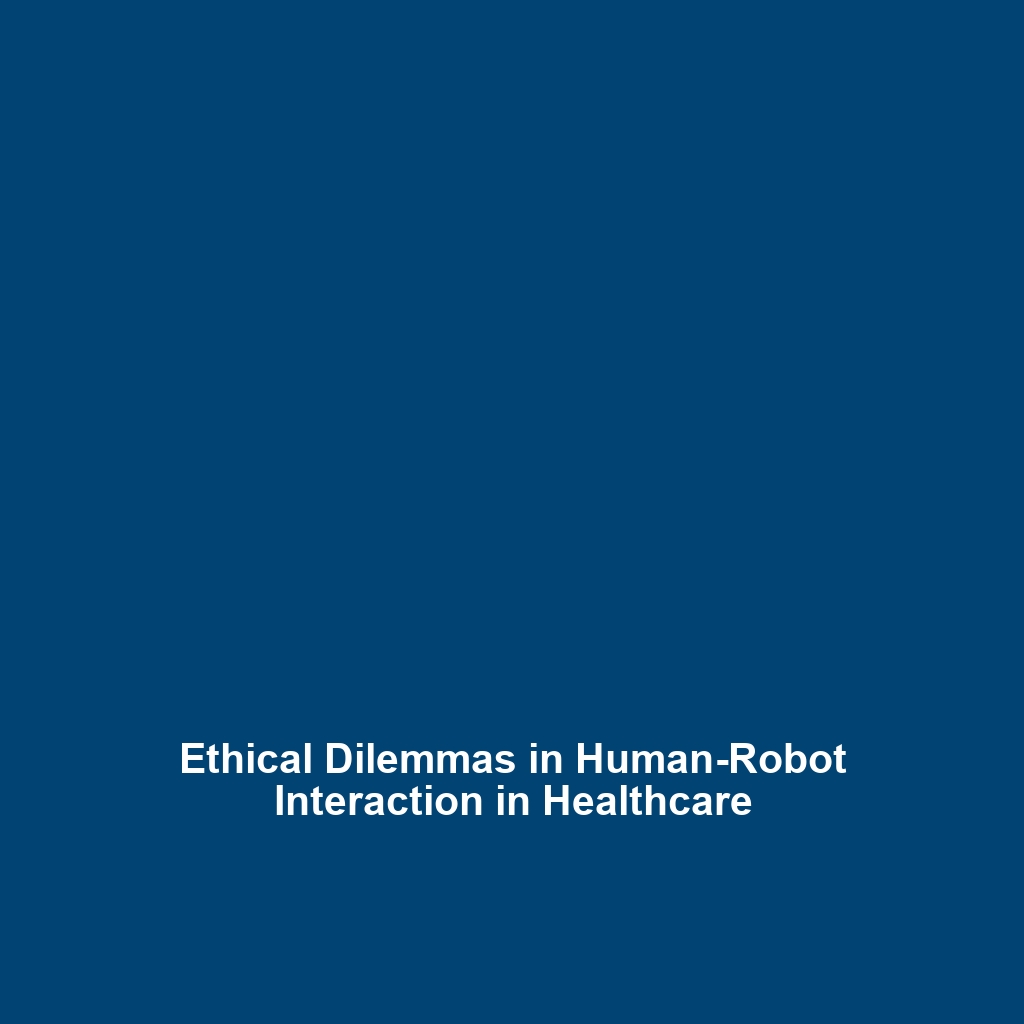Data Ownership and Control: Who Owns the Data Used in AI Systems?
Introduction
The question of data ownership and control has become increasingly significant within the realm of AI ethics. As artificial intelligence technologies develop and incorporate vast amounts of data, understanding who owns this data and how it is controlled is critical. Data ownership impacts privacy, accountability, and fairness in AI applications, creating a complex landscape of ethical considerations. This article examines the nuances of data ownership in AI systems, shedding light on its implications within the broader field of AI ethics.
Key Concepts
In the discussion of data ownership and control, several key principles emerge that frame the ethical discourse of AI:
- Data Sovereignty: Refers to the idea that data is subject to the laws and governance structures of the nation in which it is collected.
- Consent: Emphasizes the importance of user consent in data collection and usage, a fundamental aspect of ethical AI.
- Accountability: Addresses who is held responsible for the misuse of data, especially in instances of algorithmic bias or privacy violations.
Understanding These principles provides a framework for evaluating the moral implications of data ownership within the context of AI ethics.
Applications and Real-World Uses
The applications of data ownership and control are vast and impactful. Here are some significant real-world examples:
- Healthcare AI: Patient data is vital for machine learning models; determining ownership dictates how data can be leveraged for research and treatment improvements.
- Financial Services: Institutions use consumer data for credit scoring and risk assessment, necessitating clear ownership definitions to uphold consumer rights.
- Social Media Platforms: User-generated content raises questions about ownership and usage, affecting monetization strategies and user control over personal data.
These examples illustrate how data ownership and control are applied in various sectors, emphasizing its pertinence within AI ethics.
Current Challenges
Several challenges arise when addressing data ownership and control in the field of AI ethics:
- Legal Ambiguities: Many jurisdictions lack clear laws governing data ownership, leading to inconsistencies.
- Complicated Data Ecosystems: The interconnected nature of data sources complicates ownership claims and user rights management.
- Technological Barriers: Rapid advancements in AI often outpace ethical guidelines, creating gaps in ownership and accountability.
Navigating these challenges of data ownership is vital for ensuring ethical practices in AI.
Future Research and Innovations
Looking ahead, several innovations are poised to reshape our understanding of data ownership and control:
- Blockchain Technology: This technology holds promise for establishing clear data ownership protocols through decentralized ledgers.
- AI Governance Frameworks: Emerging frameworks aim to provide guidelines for the ethical use of data in AI systems.
- Enhanced Privacy Measures: Innovations in data anonymization and encryption could improve user control over personal information.
These advancements can have a profound impact on the future of AI ethics as they redefine how data ownership is perceived and implemented.
Conclusion
In summary, data ownership and control remain fundamental issues within the field of AI ethics. The implications of data ownership affect everything from privacy rights to accountability in AI systems. As we navigate this complex landscape, it is crucial for stakeholders to engage in robust discussions and research to develop comprehensive strategies that promote ethical AI practices. For further exploration, see related topics on AI Ethics and Data Privacy.


